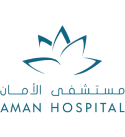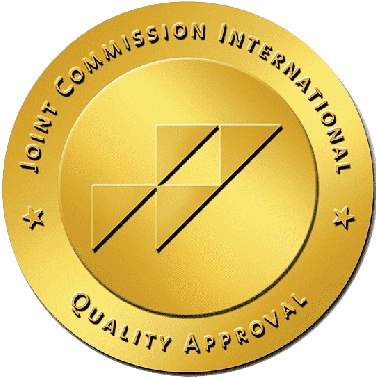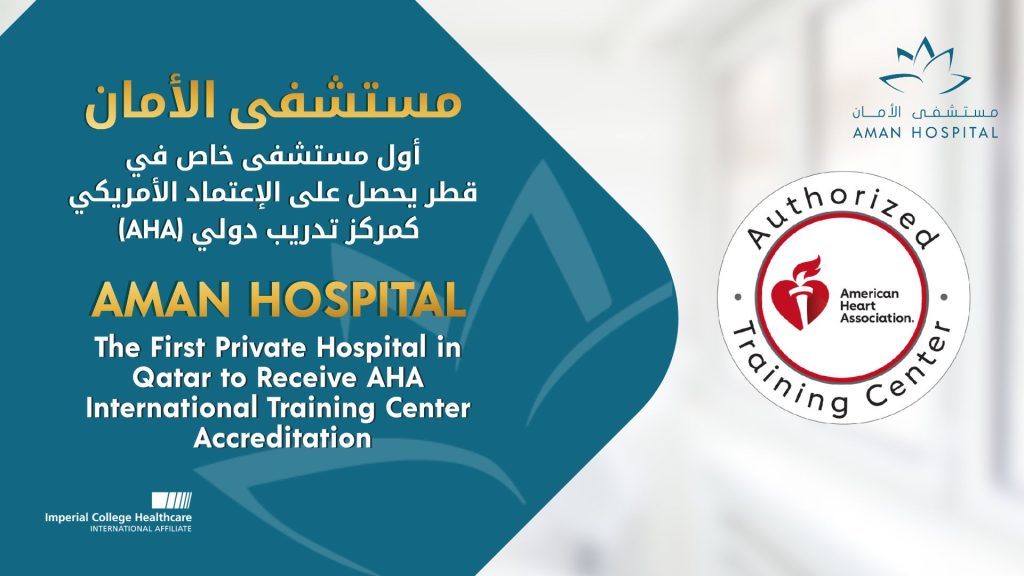Overview
The discipline of General Gynecology covers the diagnosis and management of a broad spectrum of diseases. It involves medical and surgical management in emergency and elective conditions. The services provided include outpatient consultations, in-patient consultations, specialists’ clinics, and emergency room consultations.
Services Provided
-Cervical or Pap smear: screening test that checks for cervical cancer cells in women.
-Mammograms or Ultrasound scanning: medical screening of asymptomatic, actually healthy women for breast cancer in an attempt to achieve an earlier diagnosis. The supposition is that early detection will improve outcomes.
Heavy menstrual bleeding, also known as menorrhagia, is menstrual blood loss which interferes with a woman’s physical, emotional, social and/or quality of life. It is a very common complaint, increasing in prevalence with age, peaking in women aged 30-49 years.
Causes of abnormal bleeding are diagnosed and treated accordingly.
Uterine fibroids are benign smooth muscle tumors of the uterus. Most women are asymptomatic while others may have painful or heavy periods. If they are large, they may cause pressure symptoms. The treatment is tailored to individual women’s wishes, lifestyle and specific medical conditions, if any.
At Aman Hospital we aim for accurate diagnosis and effective management from the first presentation, this may help reduce the disruption of the woman’s life and may avoid an endless succession of referrals, investigations, and operations. There is frequently more than one component to chronic pelvic pain.
Due to the multifactorial nature of chronic pelvic pain we aim to develop a partnership between the clinician and the woman to plan a management program, this may involve a multidisciplinary approach to care.
PCOS is a chronic (long term) condition with several potential reasons behind its cause. At Aman Hospital we aim for accurate diagnosis and effective long-term management.
Premenstrual syndrome (PMS) is the name given to a collection of physical and emotional symptoms that can occur in the 2 weeks before you have your period. These symptoms usually get better once your period starts and often disappeared by the end of your period. At Aman Hospital we aim to help you better understand your health and your options for treatment and care. We are here to support you in making the decisions that are right for you.
Ovarian cysts are diagnosed with increasing frequency in post-menopausal women as more patients are undergoing imaging in connection with medical care. An ovarian cyst inevitably raises the question of its relevance to the women’s symptoms and concerns for the possibility of Ovarian cancer.
At Aman hospital, we aim to clarify when an ovarian mass can be managed within a general gynecological service or when a referral to a specialist gynecological oncology service is appropriate.
The most common presentation of Endometrial Hyperplasia is abnormal uterine bleeding. This includes heavy menstrual bleeding, intermenstrual bleeding, irregular bleeding, unscheduled bleeding on hormone replacement therapy (HRT) and post-menopausal bleeding.
We aim to diagnose this appropriately and treat as necessarily.
Birth control, also known as contraception, is a method used to prevent pregnancy. At Aman Hospital, our team of experts provides a comprehensive detailed method about Birth control usage, indications, benefits, contraindications and side effects. Our team will help guide women towards the method most suitable for them and their individual circumstances.
Sexually transmitted infection (STI) are infections transmitted through sexual contact. Screening and counseling will help identify, manage, and treat STIs, thus preventing long term consequences of untreated conditions.
Gynecological surgery if indicated may include: hysterectomies, endometrial ablations, and colposcopies
- Hysterectomy: Surgical removal of the uterus. It may also involve removal of the cervix, ovaries and Fallopian tubes. This maybe abdominal, vaginal or laparoscopic route
- Endometrial ablations: Procedure performed to remove the endometrium (inner lining of the uterus) to control heavy bleeding if suitable
- Colposcopy: Simple procedure used to visualize and examine the cervix, the neck of the womb at the top of the vagina. It’s usually performed to diagnose and treat if cervical screening discovers abnormal cells in the cervix
- Prolapse surgery to correct pelvic organ prolapse
- Diagnostic and therapeutic laparoscopies
Urogynecology covers the services that provide assessment, investigations and treatment for women with urinary incontinence, vaginal prolapse, recurrent urinary tract infections, bladder pain and pelvic floor injury after childbirth.
The muscles, ligaments and connective tissue that hold a woman’s internal organs in place are called the pelvic floor. The bladder, bowel, uterus, vagina and rectum are held in place by the pelvic floor. Several medical conditions such as an injury or childbirth can cause weakness or tears in the pelvic floor muscles called pelvic floor disease. If your pelvic floor disease symptoms do not respond to conservative treatment your consultant may recommend surgery for pelvic floor repair.
There are several types of pelvic floor repair. Your surgeon may perform several procedures during your operation. You should have a detailed discussion with your consultant to determine which option is the best in your case.
“The change”, “the climacteric”, “the time of life” – call it what you will, it is an unavoidable fact that all women go through the menopause. However, for many women this natural process is a time of anxiety and distress due to the various symptoms that can accompany it. Some menopausal changes can also be brought about by treatments for cancer including chemotherapy, ovarian ablation and hormone therapy.
The menopause is when a woman stops having periods and is no longer able to get pregnant naturally. The menopause is a natural part of ageing that usually occurs between 45-55 years of age, as a woman’s oestrogen levels decline. But around 1 in 100 women experience the menopause before 40 years of age. This is known as premature menopause or premature ovarian insufficiency.
The menopause is influenced by hormones – or more correctly by a change in hormone levels. For all women the menopause is a personal experience, not just a medical condition. Some symptoms may be quite distressing and may need medical attention.
There are many aspects to managing menopausal symptoms, ranging from lifestyle factors, complementary & alternative therapies, non-hormonal treatments and hormone replacement therapy.
Support and treatment is tailored to each woman according to her own individual circumstances.
Diseases & Conditions Treated
- Adenomyosis
- Bacterial vaginosis
- Bladder obstruction
- Bleeding during pregnancy
- Cervical dysplasia
- Chronic pelvic pain in women
- Congenital cystic
- Ectopic pregnancy
- Endometriosis
- Female infertility
- Female sexual dysfunction
- Hirsutism
- HPV infection
- Menopause
- Menorrhagia (heavy menstrual bleeding)
- Menstrual cramps
- Miscarriage
- Uterine anomalies
- Uterine fibroids
- Uterine polyps
- Multiple gestation
- Ovarian cysts
- Overactive bladder
- Painful intercourse (dyspareunia)
- Pelvic floor prolapse
- Perimenopause
- Placenta previa
- Polycystic ovary syndrome (PCOS)
- Postmenopausal bleeding
- Pregestational diabetes
- Premature birth
- Preterm labor
- Recurrent miscarriage
- Sexually transmitted diseases (STDs)
- Stress incontinence
- Urinary incontinence
- Vaginal bleeding
- Vaginitis
- Yeast infection (vaginal)
Articles
FAQ
- Qatar ID / valid passport
- Insurance card
- Laboratory studies (in case available)
For insurance and price inquiries, please contact our call center at +974 4400 4400 between 8 am to 10 pm.
The Gynecology Clinic at Aman Hospital is located at the following address: ground floor, outpatient 2.
We recommend you allow enough time to park to ensure you arrive on time. Please plan to arrive 30 minutes prior to your appointment time. Our valet parking is here to assist you and take your car from you and park it safely in our underground parking.
Always feel free to bring someone with you to your appointments. A family member or friend can help ask questions, remember the information your care team gives you, and provide support.
Please call our call center at +974 4400 4400. They are available from Saturday to Thursday from 8 am to 10 pm to help you reschedule or cancel your appointment.
Our Support Services
- Specialized physical therapist who helps you to improve your joint pain and muscles strength, informs you on the proper ergonomic postures to prevent back pain, and customizes a targeted program that fits your health status. For any inquiry, please contact +974 4400 4400.
- Dietary services will guide you and your family regarding healthier food choices in case of dyslipidemia, diabetes, obesity and hyperuricemia. For any inquiry, please contact +974 4400 4400.
- Pharmaceutical services will guide you regarding your medications and/or biologic treatments: administration mode, timing, side effects, management in case of infection and address any question that may arise. For any inquiry, please contact +974 4400 4400.
- Nursing services for patient education who will provide you with all the information about your disease and treatment and answer your questions. For any inquiry, please contact +974 4400 4400.
- Healthcare practitioner who will coordinate all your appointments and make sure to schedule the appointments at your convenience. For any inquiry, please contact +974 4400 4400.
- Financial team who is here to secure your insurance approvals on time and assist you with any financial inquiries. For any inquiry, please contact +974 4400 4400.






